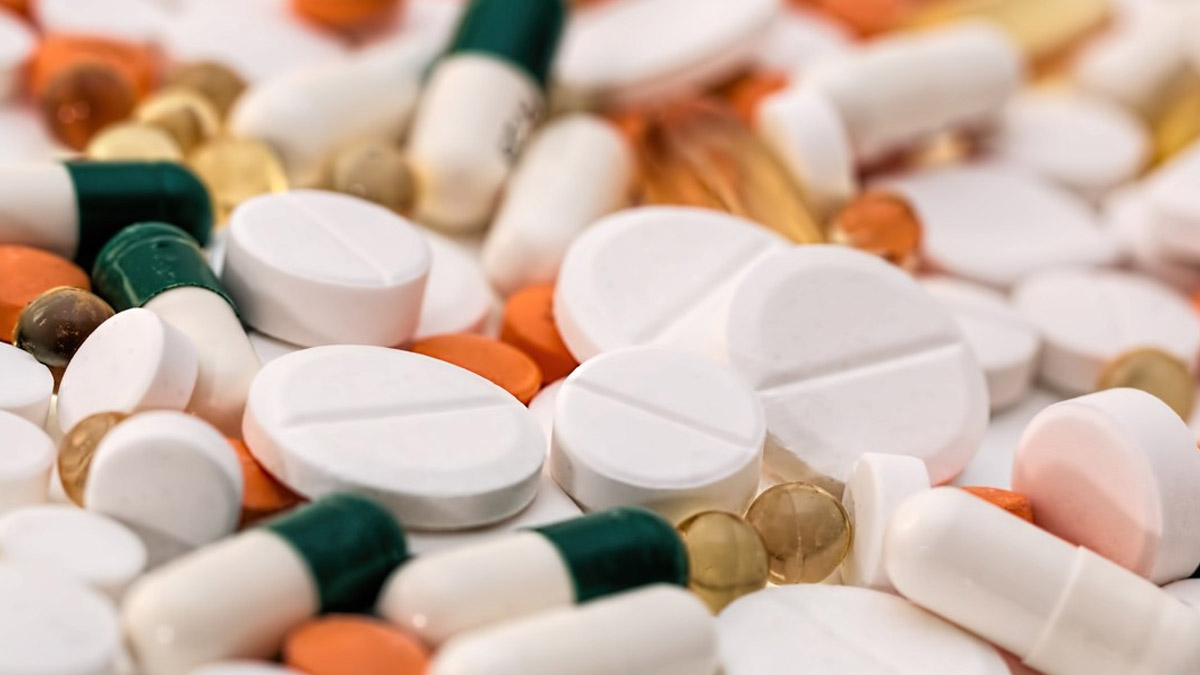
India's pharmaceutical industry, known for its role as the "pharmacy of the world," is currently under intense scrutiny due to significant quality control lapses. The Central Drugs Standards Control Organisation (CDSCO) has flagged over 50 medications, including commonly used drugs such as paracetamol, vitamin D supplements, and anti-diabetic medications, as "Not of Standard Quality" (NSQ). This alarming revelation has raised concerns about the safety and efficacy of these medicines, leading to heightened regulatory action and public concern.
Table of Content:-
CDSCO's August 2024 Report: A Disturbing Insight
In its August 2024 report, the CDSCO, which functions as India’s apex drug regulatory body, identified a wide range of medications as failing to meet the required standards of quality. Among the medications listed were essential drugs like paracetamol, calcium supplements, blood pressure medications, and anti-diabetic pills. The classification of these drugs as NSQ followed random monthly sampling by state drug inspectors, a routine procedure aimed at ensuring the safety and efficacy of medicines sold across the country.
The NSQ alerts released by CDSCO serve as an early warning system for healthcare providers and patients, highlighting potential risks associated with the use of these substandard medicines. While NSQ alerts do not always imply that the drug is dangerous or toxic, they signal deviations from prescribed manufacturing norms that can compromise the drug's effectiveness.

Notable Drugs Under Investigation
The list of drugs flagged for quality issues includes several well-known brands and generics. Among them are vitamin supplements such as Shelcal (a popular calcium and vitamin D3 supplement), vitamin C and D3 tablets, and vitamin B complex. These supplements are widely used by millions of Indians for nutritional deficiencies and bone health, making their quality lapses a matter of grave concern.
Additionally, essential medications like the anti-diabetic drug Glimepiride, used by diabetics to manage blood sugar levels, and Telmisartan, a medication for controlling high blood pressure, also failed the quality tests. The failure of these crucial medications raises questions about the efficacy and safety of treatments available to patients with chronic conditions like diabetes and hypertension.
Also Read: Chikungunya May Occur In Co-Infection Cases, Warns Health Department
Notably, Metronidazole, a commonly used drug for treating stomach infections, was also flagged in the CDSCO's report. Manufactured by Hindustan Antibiotics Limited (HAL), Metronidazole’s inclusion in the NSQ list is worrisome, given its critical role in managing bacterial infections.
Other widely used drugs, such as Clavam 625 (an antibiotic) and Pan D (an anti-acid medication), were classified as spurious by a drug-testing lab in Kolkata. Cepodem XP 50 Dry Suspension, a medicine typically used for treating infections in children, also failed the quality checks.
Pharmaceutical Companies Under Scrutiny
Several leading pharmaceutical companies, including Hetero Drugs, Alkem Laboratories, Karnataka Antibiotics & Pharmaceuticals Ltd, and Meg Lifesciences, are now facing the heat as their products were found to be substandard. These companies have long been trusted for their manufacturing processes and quality assurance, but the recent findings have brought their practices into question.
A response from Pulmosil's manufacturer, whose drug was also flagged in the NSQ list, claimed that the impugned batch had not been manufactured by them, labelling the product as "spurious." However, further investigation is underway to determine the actual cause of the quality failure.
Also Read: Scientists Discover Microplastics In The Olfactory Bulbs Of The Human Brain
The Broader Implications for India's Pharma Industry
The CDSCO's findings come at a time when the Indian pharmaceutical industry is experiencing rapid growth, both domestically and internationally. India is the largest producer of generic medicines, and its pharmaceutical exports account for a substantial share of the global market. However, repeated instances of quality lapses could tarnish the country's reputation as a reliable supplier of affordable medicines.
In response to these concerns, the CDSCO has intensified its monitoring and enforcement activities. In August 2024, the regulatory body banned over 156 fixed-dose drug combinations, citing potential risks to human health. These bans are part of the government’s ongoing efforts to ensure that medications available in the Indian market meet international standards of quality and safety.
The Path Ahead: Strengthening Quality Control
As the investigation into these substandard drugs continues, it is clear that stricter regulatory measures are necessary to prevent such occurrences in the future. The Indian government, along with pharmaceutical manufacturers, must work collaboratively to tighten quality control protocols and improve transparency in the production process.
Patients and healthcare providers, too, must remain vigilant and report any adverse effects or concerns about medications. As quality control lapses come to light, ensuring the availability of safe and effective drugs becomes paramount for safeguarding public health.
Bottomline
In conclusion, the CDSCO's report has brought attention to significant lapses in India's pharmaceutical industry. The flagging of 53 drugs, many of which are widely used, underscores the need for immediate corrective measures. As India continues to play a crucial role in global healthcare, maintaining stringent quality standards is not just a regulatory requirement but a moral obligation to ensure patient safety.
Also watch this video
Read Next
Dengue Outbreak In Manipur: Health Minister Urges Community To Unite In Fight Against The Disease
How we keep this article up to date:
We work with experts and keep a close eye on the latest in health and wellness. Whenever there is a new research or helpful information, we update our articles with accurate and useful advice.
Current Version